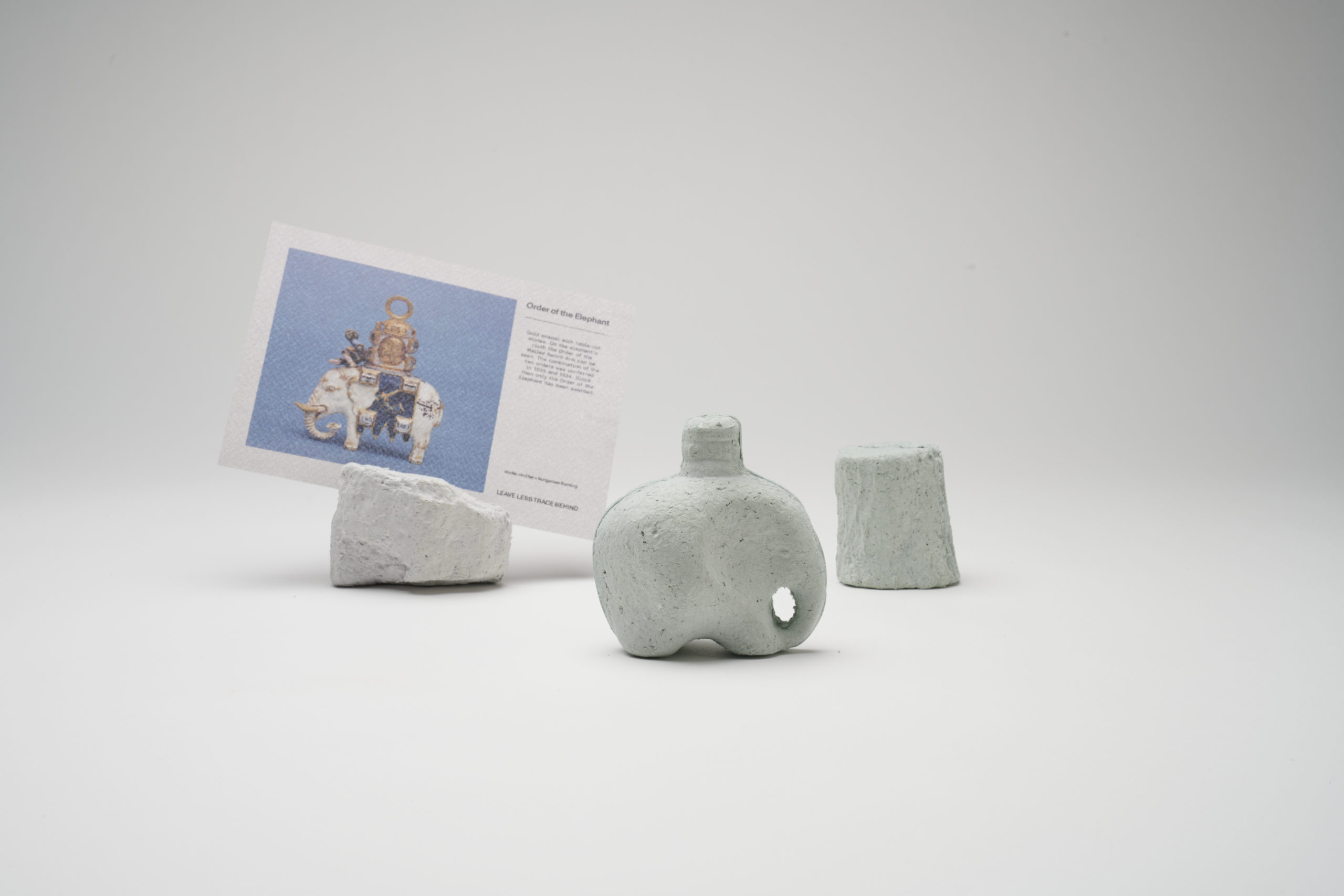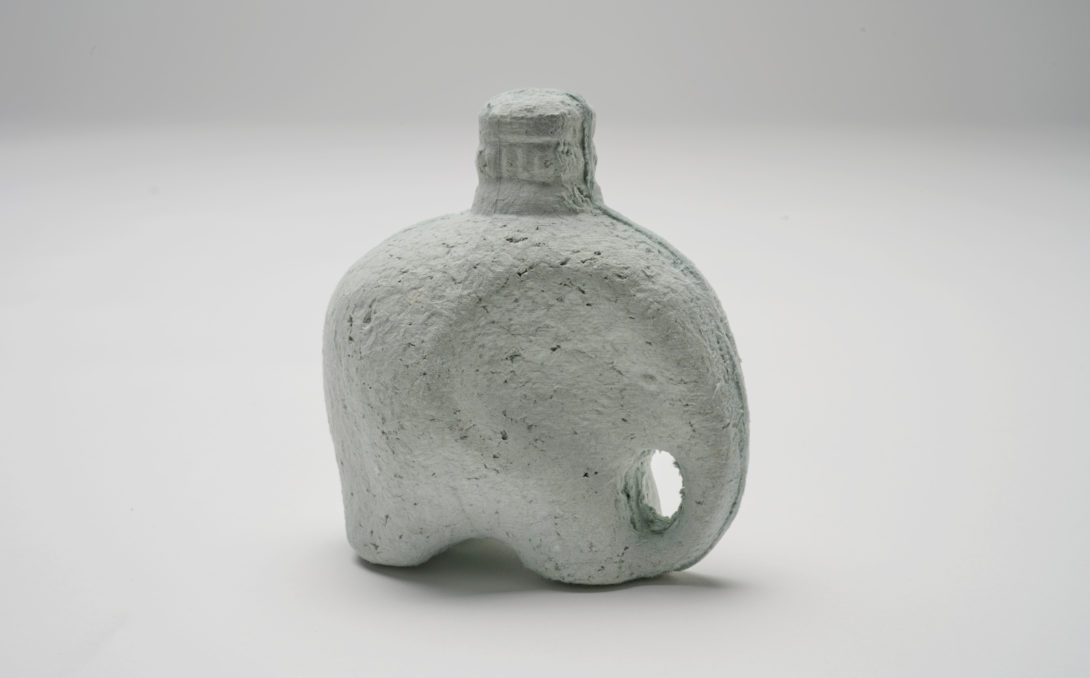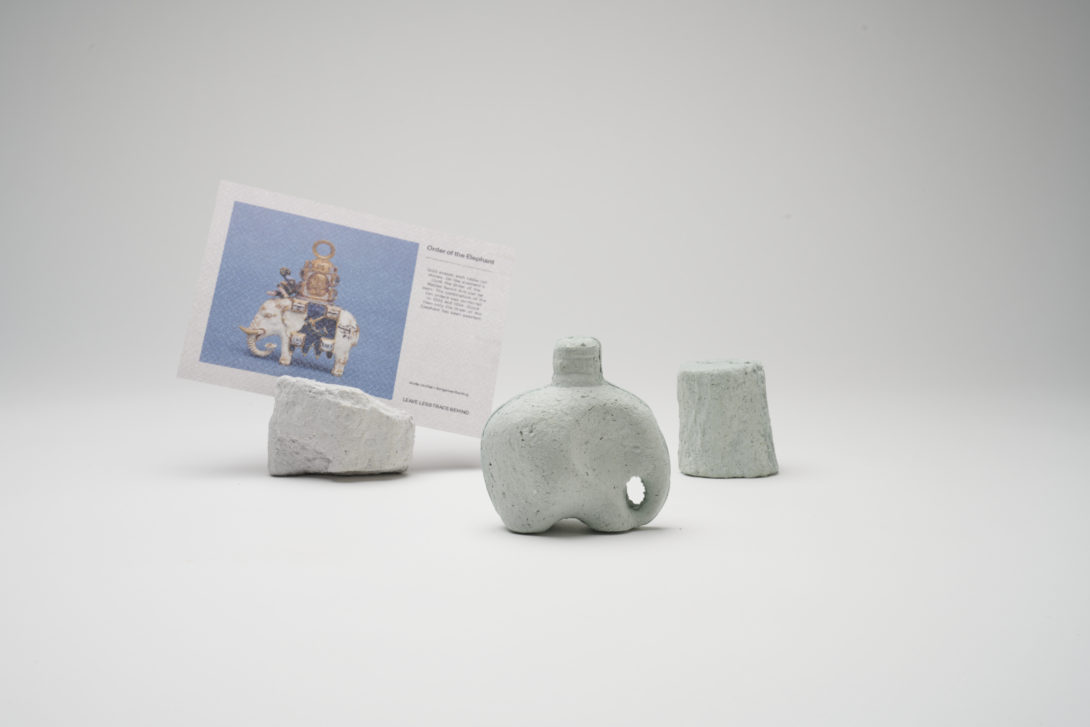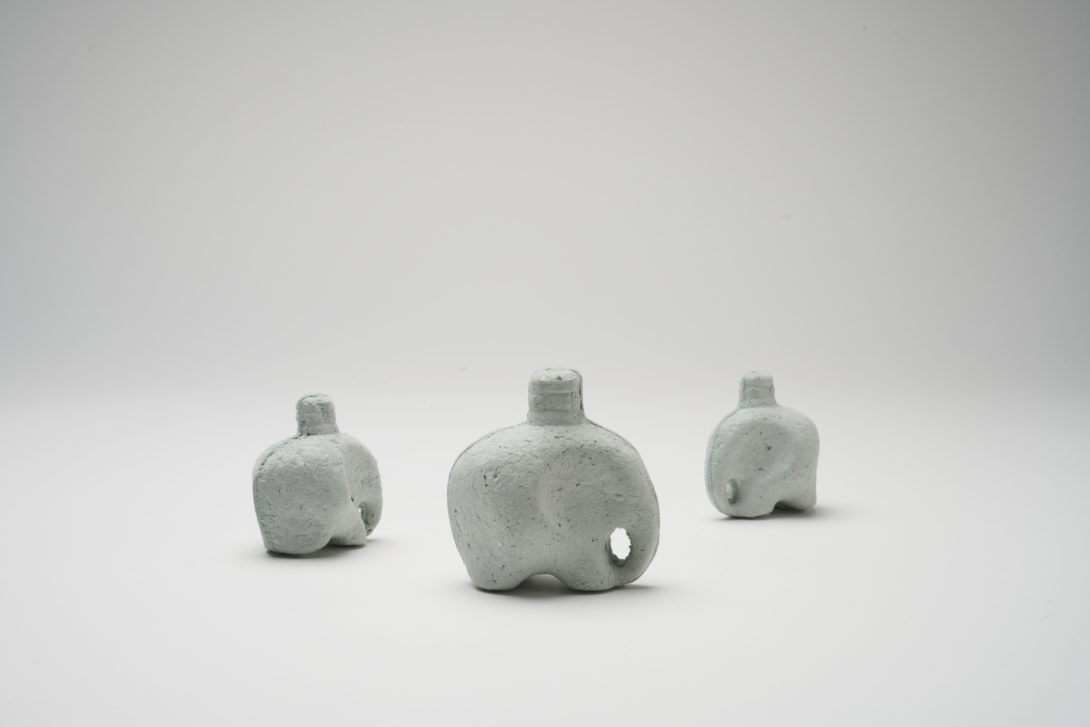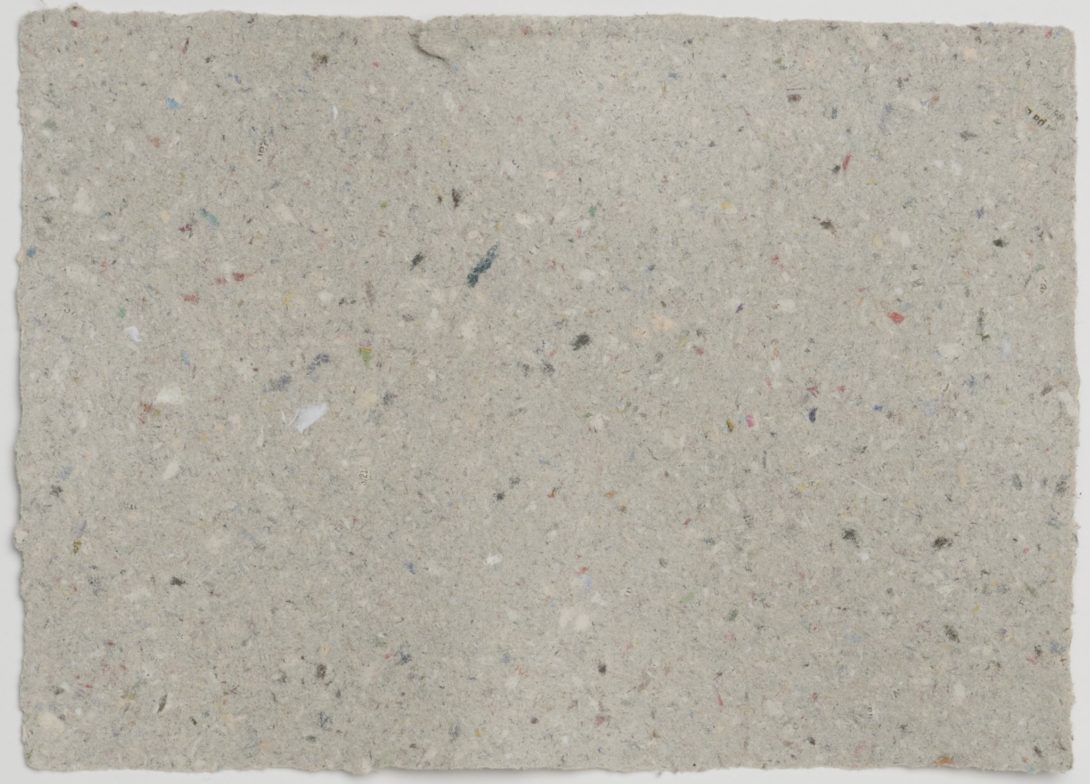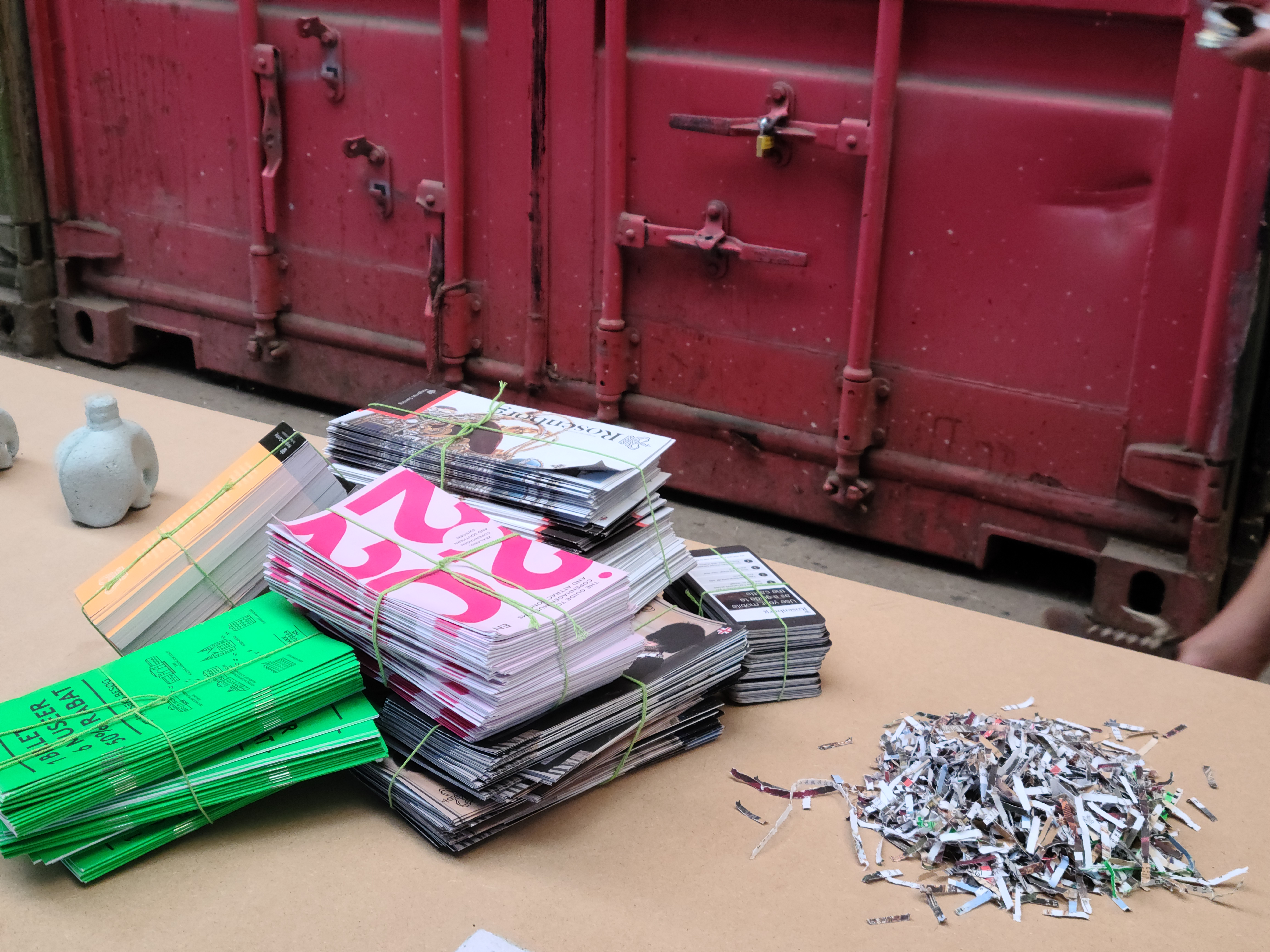About the project
Studio circOlar is a material-driven design practice that connects architecture, design and art. Together we want to initiate a world that embraces circularity and values our shared material resources. We do so by exploring materials’ untapped potential and re-thinking how we use and discard materials today.
Today’s trash is the treasured resources of tomorrow. Together we are initiating a world that embraces circularity and values our shared material resources. We do so by pushing further, to explore and discover materials’ untapped potential; re-thinking how we use and discard materials today.
Paper is considered one of the most recyclable materials, though it can only be recycled or downcycled up to 5-6 times to newspaper and packaging. Huge amounts of brochures go wasted at museums because of over-printing or are discarded by tourists. We help museums turn their paper waste into products that can be sold back to their visitors.
Our range of products extend beyond art prints; we also craft moulded pulp home decorations, which are rarely seen in the consumer goods markets. By doing so, paper is repurposed for home applications that have longer life-span. We contribute to minimising and extending the life of resources, and take pride in initiating a world that embraces circularity.
About the project
The project aims to be at the forefront in presenting a perspective on how paper waste can be repurposed. In our design and production approach, we minimise the processing of paper waste to reduce energy and resource consumption, which means that we do not add any additives or purify the paper in the pulping process. This approach not only makes sure that our products can be recycled as paper again, but also allows us to showcase the unique aesthetics of the raw material itself. In doing so, we embrace sustainable design practices, and envision a regenerative cycle where discarded paper is reborn as functional and aesthetically pleasing products. Our localised production strategy contributes to a more sustainable and resilient supply chain within the local economy. This approach will reduce transportation costs and associated carbon emissions. Additionally, we strongly believe that organisations bear significant responsibility in setting good examples of changing our relationship with consumption and materials. Together with cultural organisations, we are dedicated to producing less while striving for higher values.

